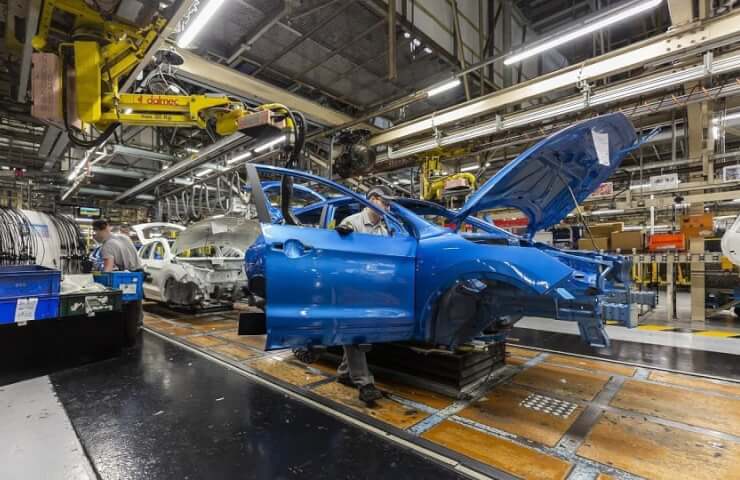The EU automotive semiconductor supply gap has now largely abated, but logistical disruptions, high inflation and macroeconomic headwinds will create problems for the industry later this year.
European automakers have strong order books into the second quarter, and supply and demand are expected to reconcile by the third quarter after supply-side problems normalize. The removal of these logistics and supply chain barriers, combined with an expected decline in orders, is forcing some automakers to brace for increased competition.
Weaker supply positively affected the first quarter
Mood in the European auto industry in were generally positive in the first quarter, with vehicle registrations showing significant signs of improvement and inventories returning to normal levels after years of severely tight supply. EU car registrations increased 18% year-on-year to 2.7 million units in January-March, according to data from the European Automobile Manufacturers Association.
At the same time, the Stellantis car group had 1.3 million units inventory at the end of the first quarter, up 21% from the previous quarter and up 61% from last year.
European car manufacturers brace for increased competition and lower demand in the second half of the year . Stellantis has a good order book for the next three months, but "there is some relative slowdown in order receipts."
German automaker BMW Group's first-quarter sales of vehicles fell to 588,000 units due to sluggish demand as strong Inflation in Europe and the lingering effects of Covid-19 policies in China have weighed on overall demand, but the company expects sales to rise to 2.4 million vehicles in 2023.
Rival German automaker Volkswagen Group boasts a backlog of orders in Europe by 1.8 million units in the first quarter, which should provide the company in the second quarter. But the group expects competition to intensify as demand weakens in the second half of 2023.
The auto industry is also grappling with inflated prices for raw materials including lithium, copper and steel. Increased competition in the sector later this year is likely to make it harder to pass on inflated prices to consumers.
But automakers expect costs to come down from rising prices in the fourth quarter of 2022. Argus estimates that the NW Europe hot-rolled index averaged €657.79 per tonne ex works in the fourth quarter of 2022, rising to €778.52 per ton ex-works in the first quarter of this year. The index is averaging €788.22/t ex-works this month, but has dropped to €73.50/t since its peak on April 5.
Decarbonization and electrification
Demand for steel may increase due to the growing number of electric vehicles (EVs) that will be produced in the coming years. WorldAutoSteel, the automotive group of the World Steel Association, estimates that an electric vehicle could require 260-280 kg more steel than an internal combustion engine car, which Argus estimates requires around 900 kg of steel.
Electric vehicles are expected to account for a quarter of all new car sales by 2025, according to European steelmaker ArcelorMittal. In March, the EU experienced a 58% surge in new battery electric vehicle (BEV) registrations, reaching 151,573 units. This equates to a market share of 14%.
Hybrid electric vehicles also had a strong month in March, with sales up 38% to 264,694 units.
BMW electric vehicle sales rose by 83% year-on-year to 65,000. The company indicated that sales in China will drive the growth of its electric vehicle segment, which will reach 9% of total sales in 2023.
VW plans to increase the percentage of electric vehicle sales from 7% to 10%, with Stellantis also aiming for “significantly higher EV sales by 2024/2025.
But the intensifying EV price war has led car makers to plan to focus more on margins in the coming quarters, automakers will be more eager than ever to win contracts for cheaper steel.




